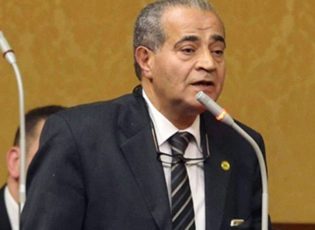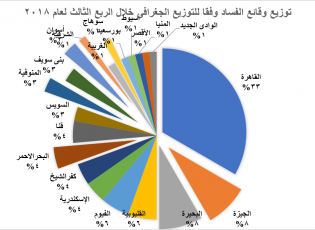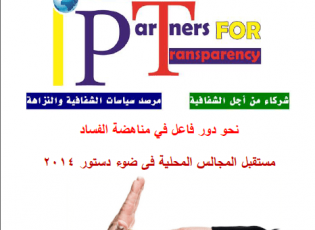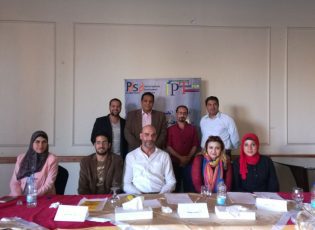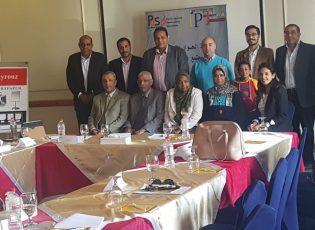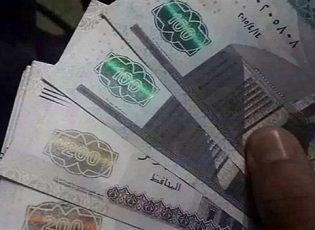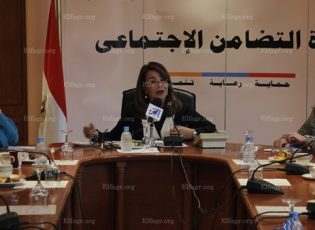Books Muhammad Hajjaj
Partners for Transparency Association (PFT) has released its fifth monthly report in the “Corruption Status Book” series of reports, which covers the period from November 1 to 30, 2015, and the timing of its issuance comes in conjunction with the International Anti-Corruption Day, December 9th. The statement issued by the Foundation added that an observatory was launched, starting from July 1, 2015, to track corruption incidents that are revealed through the media, regulatory agencies and relevant investigation authorities, as well as follow-up on the procedures of the state concerned with the case. The report monitored the continuation of awareness-raising activities related to the state's anti-corruption strategy, in contrast to the absence of relevant legislative measures. At the level of facts, 90 corruption incidents were monitored, an increase of 50% than the ones that were monitored during the month of October. The report revealed that the Ministry of Supply came first among the sectors that witnessed incidents of corruption in November with a score of 36 incidents of corruption, followed by the Ministry of Housing with 7 incidents of corruption, after that came the Ministries of Communications and Health, with 5 incidents of corruption each. With regard to the judicial position of the monitored facts, the report revealed that the facts under investigation came first among the corruption incidents during the month of November 2015 with a score of 70, followed by the facts under trial with a total of 10 incidents. After that, the facts that have not yet been investigated come with 9 incidents. Finally, the facts that were judged came in the last place among the incidents that took place in October, with only one incident, which means that 90% is one of the facts monitored in the guardianship of the competent judicial investigation authorities. It is worth noting that the Partners for Transparency Foundation (PFT) is a non-governmental organization, recognized in accordance with the provisions of Egyptian law, that takes into account independence and neutrality “politically” and “ideologically”, and works within the framework of helping society to consolidate and implement the values and practices of integrity, transparency, accountability, and access to To achieve comprehensive "human" development and respect for human rights, and to build a system of good governance, based in its work on an intellectual and legal framework closely related to the international system for the protection of human rights, the axioms of social development, and standards of good governance.
Short link: https://pfort.org/en/?p=454


